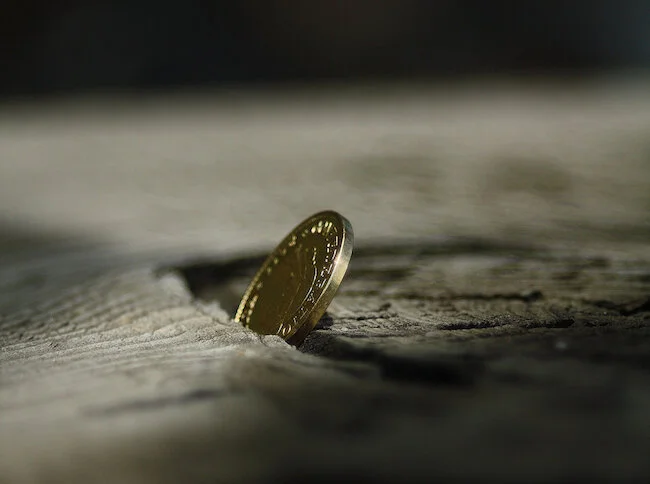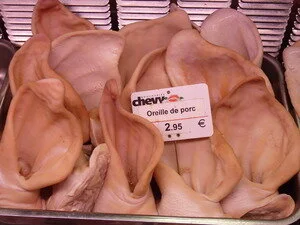Making Sense of Centimes
by Dorty Nowak
Over the past nine years that I have lived in Paris, I’ve acquired a passable knowledge of the language and can navigate the city’s interconnected web of metros and busses with ease. Ask me the name of a good restaurant in the Marais, or the best time to go to the Louvre (Wednesday evenings) and I have a ready answer.
However please don’t ask me for change – I have a problem with centimes.
I can’t blame this on the euro conversion. After all, I’ve had plenty of time to get used to the new currency. Granted, the French persist in showing the cost of items both in euro currency and in French francs, which may be patriotic, but as far as I’m concerned adds an unnecessary layer of complexity to any transaction. Do I need to know that an item costing five euros costs 32 francs, eighty centimes?
Or rather it would, if the franc were still an accepted currency, which it is not.
The euro system has 1,2 and 5 cent coins. The word “cent” is imprinted on each coin. Why then do the French continue to call cents “centimes”? Perhaps they just like the sound of the word. The 1,2 and 5 cent pieces are all copper colored, varying only slightly in size. This is a problem. I fail to see the need for a 2- centime piece anyway, but that ‘s just my two cents worth.
At first I did try to count out exact change. Dix euros, soixante dix-sept centimes. I was fine with the euros, but let me see, was that 77 or 87 centimes? Once I had the correct amount figured out, I’d rummage in my change purse while servers and those behind me waited with real or imagined Gallic impatience. It was all too much. My solution, which worked for years, was to deal almost exclusively in euros.
As a consequence, I’d amassed a significant copper collection.
I confess I’ve had to dispose of hoarded pennies from time to time. Absent a small child with a piggy bank, I’d go to a bank and ask for those brown paper cylinders that each hold a dollar’s worth of coins that could then be exchanged at the bank for paper currency. Thinking that perhaps the same system existed in France, I headed to my bank to inquire. After the teller stared at me as if I’d asked her to sell me sausage, I drew a diagram. “Ah,” she said, “We don’t have them. You must go to La Poste.” In France the Post Office is also a bank, so that seemed reasonable.
I went to La Poste, where I was told, “We don’t have them. You must get them from your bank.” Undeterred, I went to another branch of my bank. “No, Madame,” I was told, “you must get them from the branch where you have an account.” So I asked,
“If I had an account here, would you give them to me?” The teller said, “We don’t have any,” dismissing me with a look that needed no translation.
The centimes were weighing heavily on my mind, so it was time to move to Plan B.
I bought a box of sandwich bags and put a euro’s worth of one or two centime pieces in each one. With a bag in hand I went to the newsstand nearest my apartment and asked for a journal that cost sixty centimes. The vendor handed me the journal and I dropped 30 two-centime pieces into his change tray while saying, “Pardon me, Monsieur, but all I have today is change.” The vendor, from whom I have purchased newspapers for years, grabbed the journal out of my hand, waved a finger in my face and shouted, “Non.” No? “Bon” I said, “consider them a gift.” That was a mistake. He picked up the change tray and flung it at my chest, centimes flying everywhere.
Clearly I needed another plan. I decided to hand out my centime baggies to the homeless. Surely they would be grateful. I soon discovered that this was not the case. No one threw them back at me, but I learned a lot of new expressions that aren’t in my French phrase book.
I did eventually find a solution. One day I mentioned my problem to a French friend and she said, “Spend them in bakeries. They love to have centimes.” I took her advice, and my coin collection dwindled. However, now I have another problem. It involves pounds, and I don’t mean the currency.
Dorty Nowak is a writer and artist living in Paris and Berkeley who writes frequently about the challenges and delights of multi-cultural living.
[photo credits: lead image by bulbocode909 via flickr creative common license; bakery box with coins courtesy the author.]




